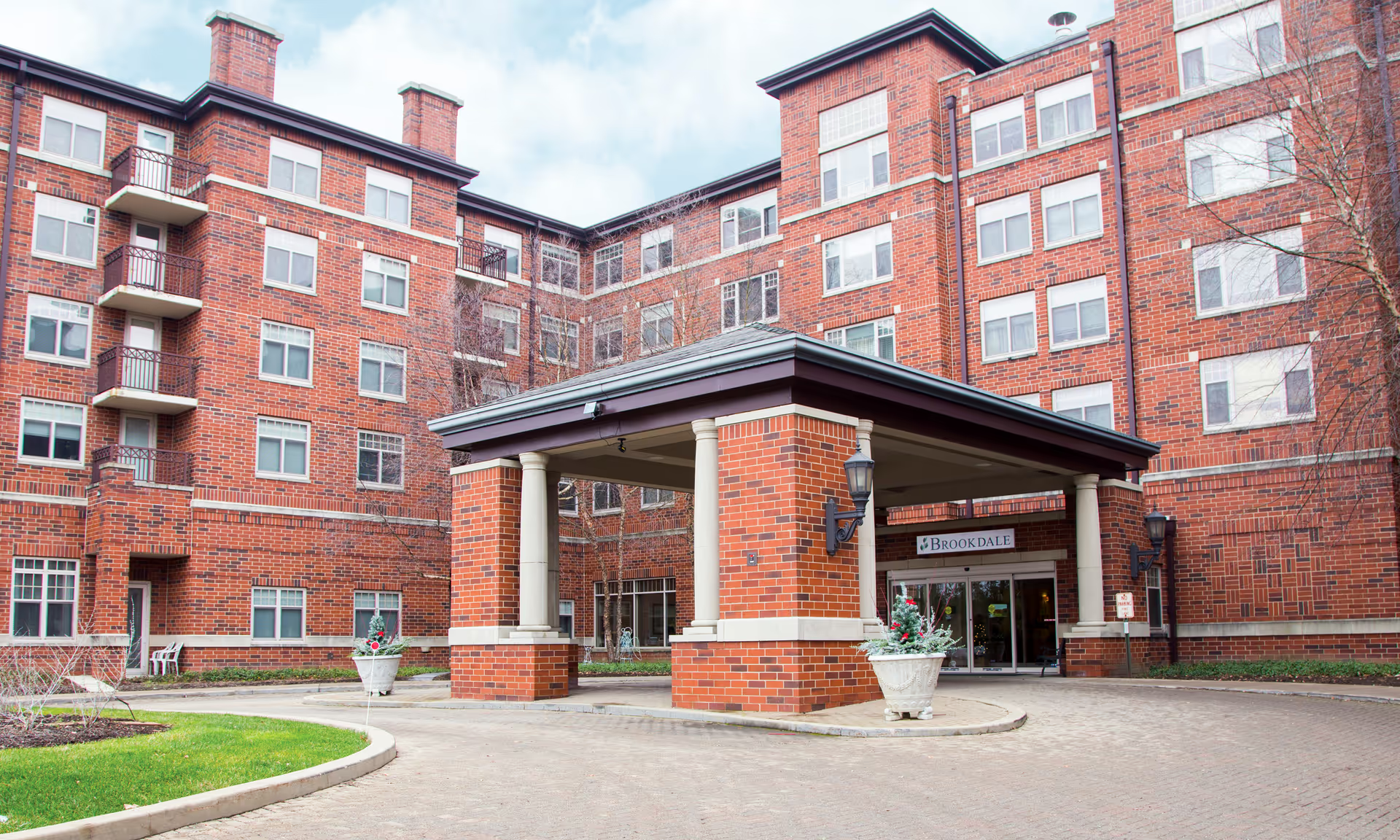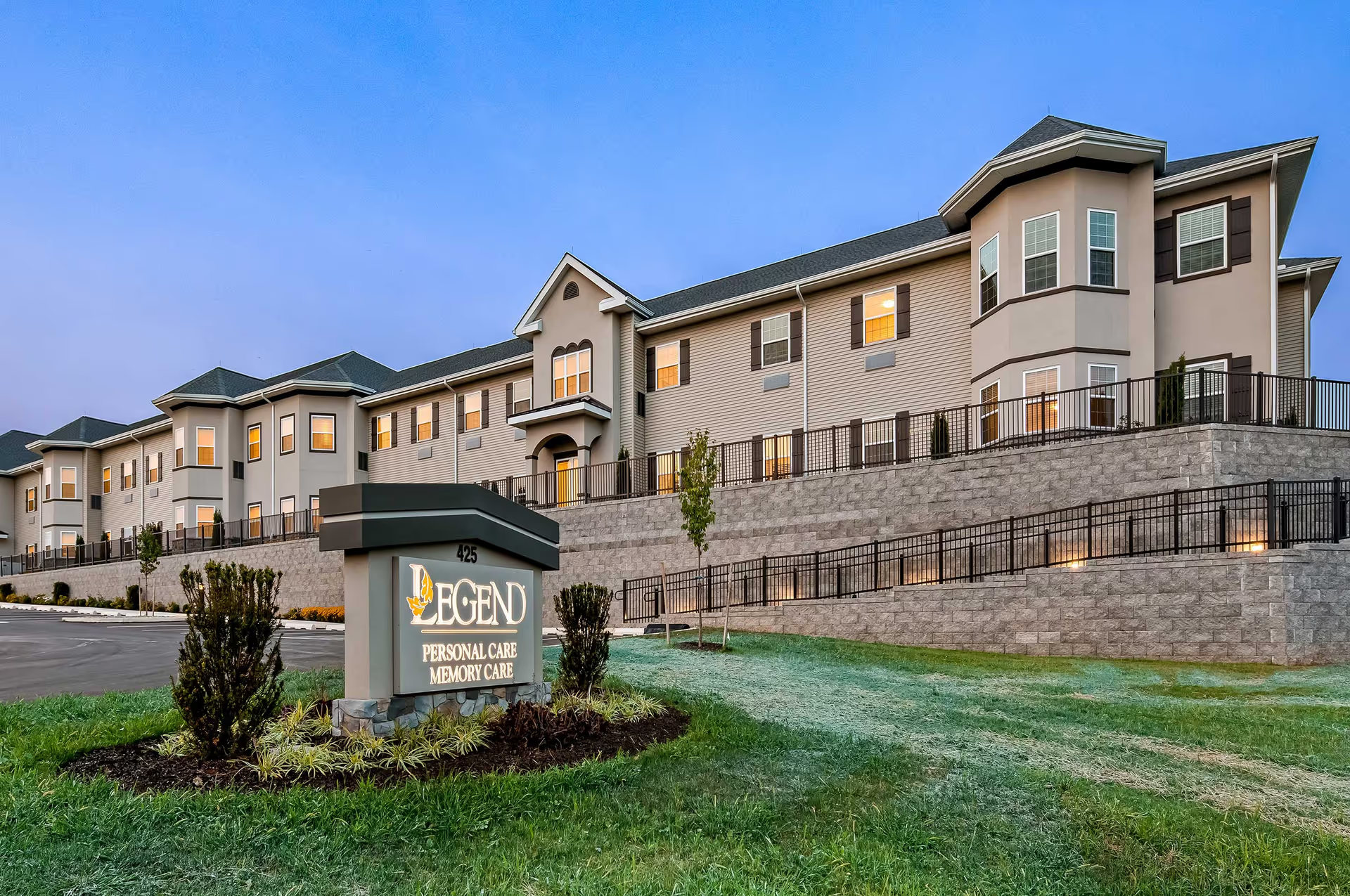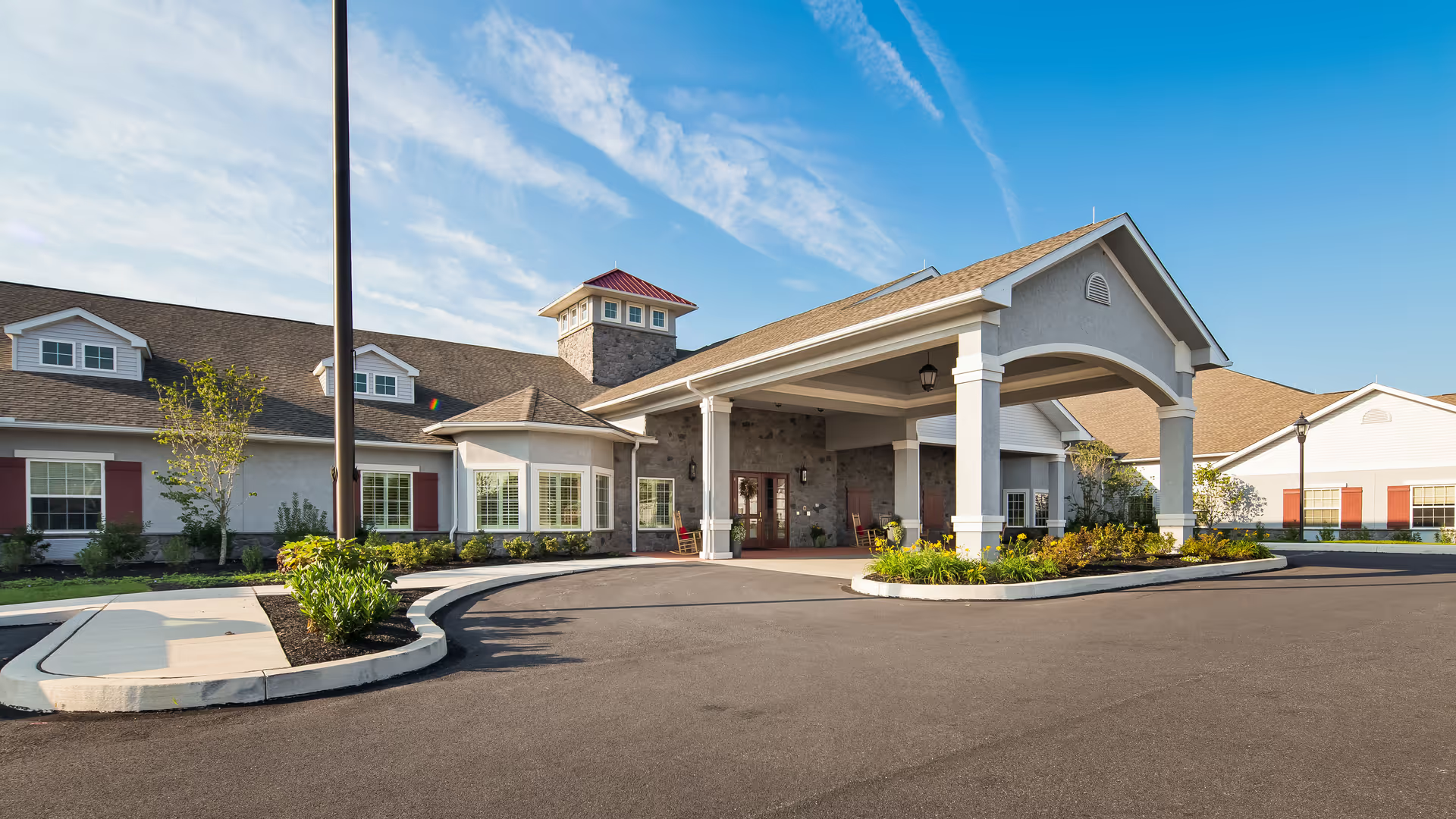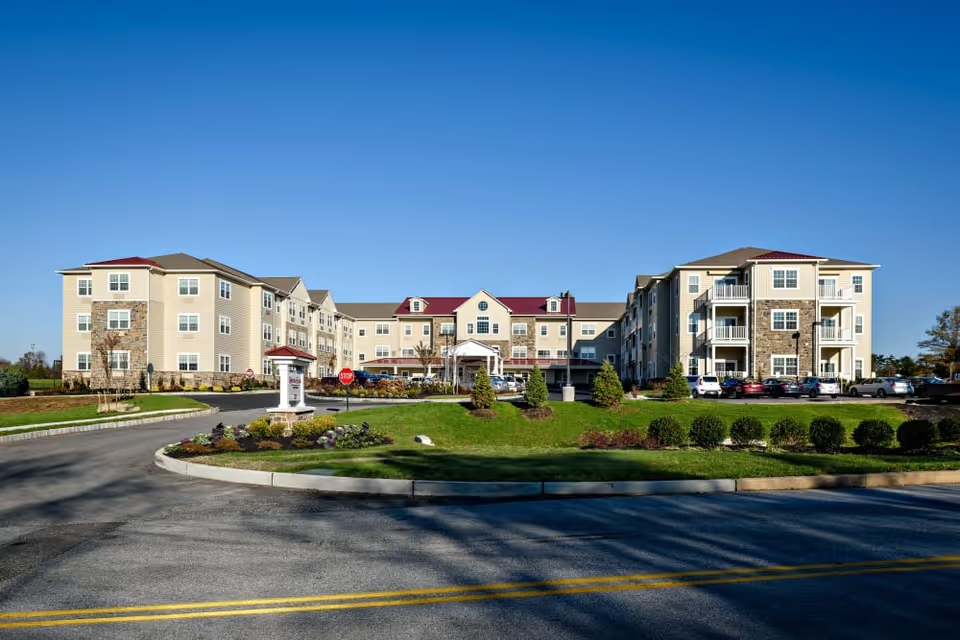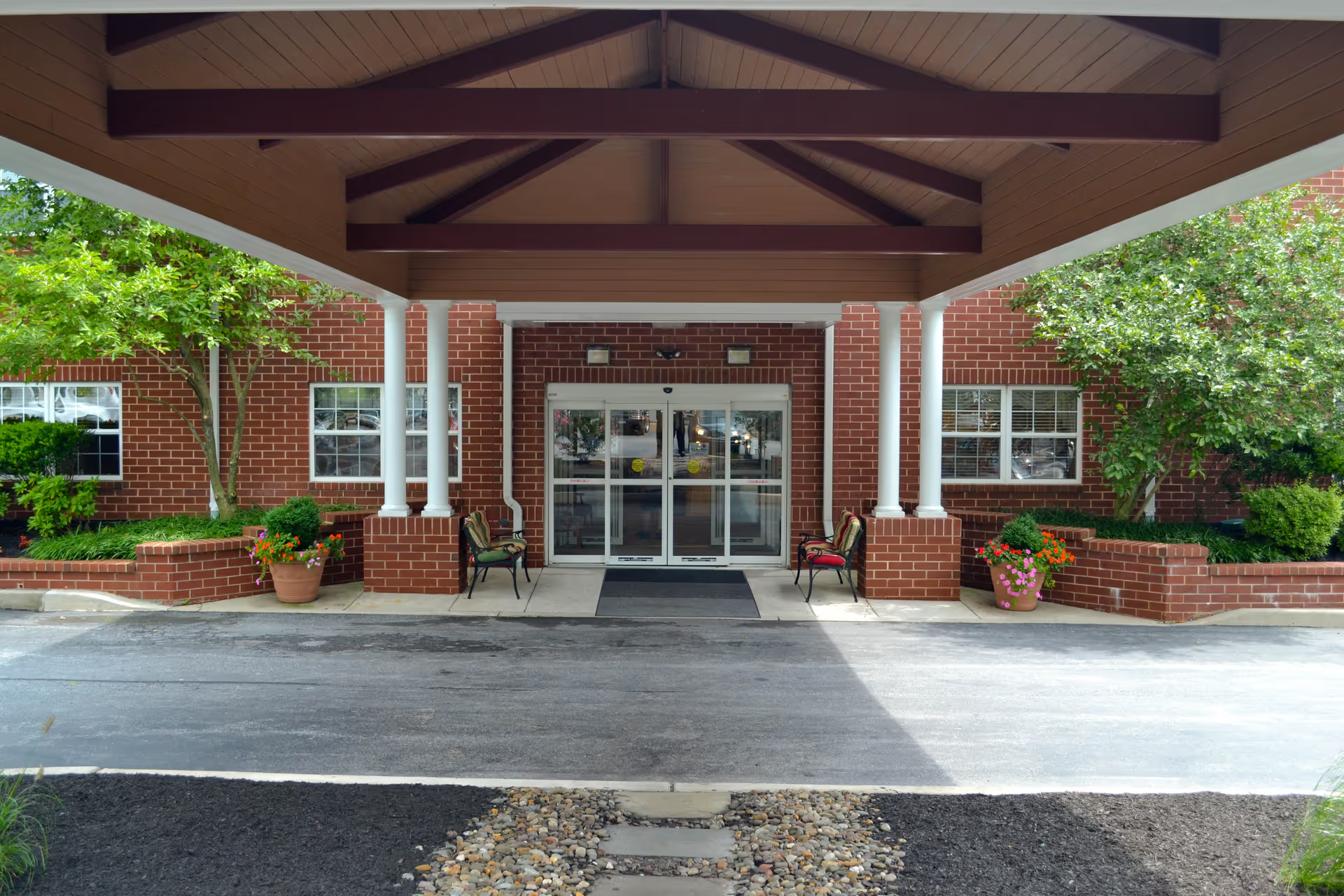Overall sentiment across these reviews is strongly negative, centered on care neglect, medication failures, poor responsiveness, and unsanitary facility conditions. Multiple reviewers described patterns of delayed or incorrect medication administration, slow or nonexistent responses to call buttons, and situations in which families felt forced to provide hands-on care because staff would not. The combination of reported understaffing, staff distraction, and disorganization emerges repeatedly as the underlying driver of many specific problems.
Care quality and medication management are major areas of concern. Reviewers reported pain medication not being given as prescribed (for example, narcotics allegedly replaced with only Tylenol), medication not being provided for extended stretches (one report of 2.5 days), and the surrender of private meds without reliable administration afterward. These issues created serious pain management problems for patients and led families to feel they had to be present 24/7 to ensure basic needs and medications were met. The reports indicate a pattern of delayed or withheld medications and staff being annoyed or resistant when asked to address pain, which raises clear safety and quality-of-care concerns.
Staff behavior and responsiveness were also cited frequently. Call buttons being ignored or experiencing long delays (over an hour in at least one report) was a recurring complaint. Reviewers described staff as lazy, unhelpful, distracted by personal conversation, or disorganized. Several accounts mention nurses yelling orders or being verbally abusive, and multiple reviewers felt that rehab patients were treated disrespectfully. These behavioral issues, combined with claims of short-staffing, suggest systemic staffing or management problems rather than isolated incidents.
Facility condition and hygiene complaints are prominent. Reviewers reported bathrooms and rooms that were not cleaned, pervasive urine odors, and specific hygiene lapses such as a dirty diaper left in a hallway. Maintenance problems were noted as well — one reviewer described a bathroom light bulb not being installed, forcing their mother to use the bathroom in the dark. Collectively these reports paint a picture of a facility struggling to maintain basic cleanliness and maintenance standards, which can contribute to infection risk and resident discomfort.
Dining and food service were another weak area in the reviews. While meals were provided, reviewers commonly described breakfast and coffee arriving cold, generally bland food, and at least one instance of feathers found in chicken. These complaints add to the overall impression of low attention to resident comfort and quality of daily living services.
Management and administrative responsiveness were criticized for offering lip service without follow-through. Reviewers described promises that were not fulfilled and an overall lack of meaningful corrective action. One limited positive note is that some reviewers mentioned referrals or transfers to Duke when openings were available, indicating the facility can coordinate transfers, but this was framed within an otherwise negative experience.
In summary, the dominant themes are neglectful care, medication errors and delays, poor responsiveness to call bells, disrespectful or abusive staff behavior, and unsanitary/decrepit facility conditions. These issues were reported repeatedly and by multiple reviewers, suggesting systemic problems rather than isolated incidents. Based on the review content provided, prospective patients and families should exercise caution, thoroughly investigate current staffing and quality measures, and consider alternative rehab options if reliable pain management, prompt assistance, cleanliness, and respectful care are priorities.


